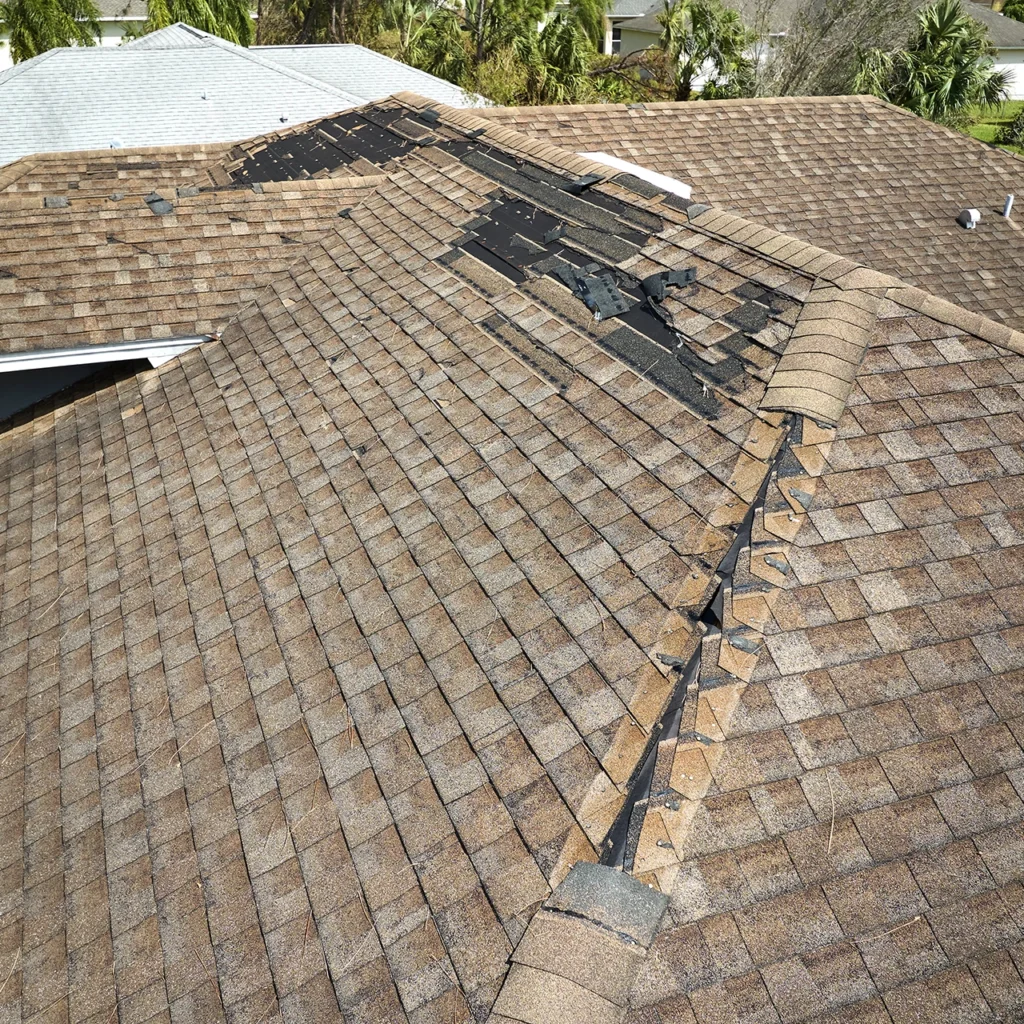
Spring is a great time to give your roof the attention it needs after the harsh winter months. With melting snow and rising temperatures, it’s important to ensure your roof is in peak condition to handle the coming months. Here are some key steps to take for spring roof maintenance that can save you from costly repairs down the road.
1. Inspect for Winter Damage
Winter can be tough on your roof, with heavy snow, ice, and freezing temperatures causing potential damage. Look for missing or damaged shingles, cracked flashing, or ice dam formations that could cause leaks. Early detection is crucial in preventing further issues.
Tip: Regular roof inspections should be done from the ground, or you can call a professional for a thorough inspection.
2. Clean Gutters and Downspouts
Clogged gutters can cause water to back up and potentially damage your roof. Cleaning out leaves, twigs, and other debris from your gutters will ensure proper drainage and prevent issues like ice dams or leaks. This task should be done regularly, especially after the winter thaw.
Tip: Consider installing gutter guards to make the cleaning process easier in the future.
3. Check for Mold or Algae Growth
Mold or algae can develop on your roof, especially in shaded areas where moisture lingers. Over time, this can damage your shingles and lead to costly repairs. Check for any dark streaks or growth on your roof and clean them off to extend your roof’s lifespan.
Tip: Using a roof-safe cleaning solution or hiring a professional cleaning service will ensure your roof stays intact.
4. Trim Overhanging Branches
Spring is the perfect time to trim back any tree branches that are hanging too close to your roof. Overhanging branches can scrape your shingles, cause debris buildup, or even fall during a storm, causing damage to your roof.
Tip: Keep trees and shrubs trimmed back to prevent unnecessary wear and tear on your roof.
5. Check Attic Insulation and Ventilation
Proper attic insulation and ventilation can prevent ice dams and keep your home cooler during the summer months. In spring, ensure that your attic is well-ventilated and insulated to maintain a comfortable indoor climate and reduce energy costs.
Tip: Look for any signs of condensation or mold in the attic, which could indicate ventilation issues.
6. Schedule a Professional Roof Inspection
If you’re not comfortable inspecting your roof yourself, it’s always a good idea to schedule a professional roof inspection. A certified roofing contractor can spot any hidden issues and provide you with a clear plan to maintain or repair your roof as needed.